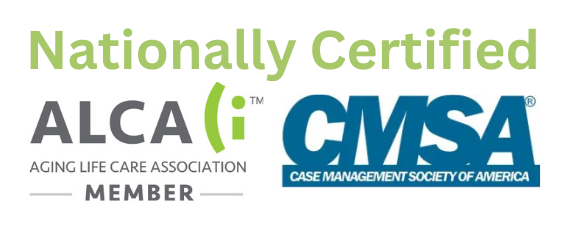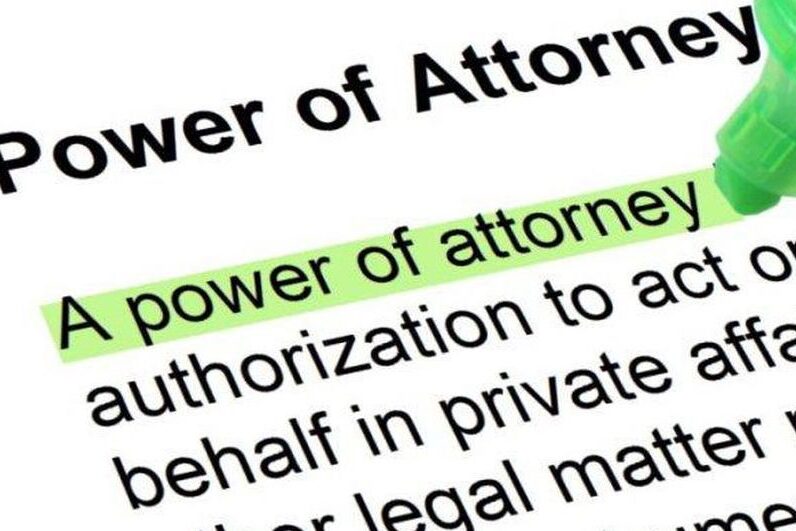A Power of Attorney (POA) is a legal document created to grant another individual the authority to act on behalf of the person granting the POA. This authority may extend to legal, financial or medical decision-making. Any decisions made under a POA are binding.
POA’s vary widely in scope. They may grant authority over certain decisions, but not others. Some may allow for a single-specific action. Some may grant decision-making authority over certain affairs of a perfectly competent individual.
These particulars are typically spelled out in the legal document. It is generated to be provided to the person serving as the representative or agent. The agent will need to present this document to any legal, financial, or medical institution when acting on behalf of the person granting the authority.
A POA does not impinge upon the rights of the person granting authority (creator) to make decisions on his or her own behalf. And it can be canceled by the creator at any time.
Cancellation of a POA, however, does not prohibit the agent from continuing to act under its authority. If the person can present a valid legally binding document stating that he or she is authorized to act as the creator’s agent, any institution will accept that document as valid, even if the authority it granted has been canceled by the creator.
Since no legal mechanism exists to prevent abuse of a canceled POA, it’s critical that the creator obtain possession of all original copies, or account for their safe whereabouts if the authority is canceled.
Non-Durable Power of Attorney
Also known as General Power of Attorney, this is the form of POA that is typically granted by a competent creator to another individual to transact business on their behalf.
Most often, this form will typically be deployed if a competent person is indisposed or unable to attend to a particular matter or decision. He or she can use a Non-Durable POA if he or she wishes to appoint a trusted person to act on his or her behalf.
A Non-Durable POA automatically becomes invalid if the creator subsequently becomes incompetent with regard to conducting personal affairs or passes away.
Durable Power of Attorney
Durable POA’s must be drawn up by a competent creator and will remain in effect once the creator is incapacitated or unable to make decisions on his or her own behalf. Most states have implemented the Uniform Durable Power of Attorney Act, which standardizes this understanding.
Once a person is deemed incompetent, a POA over that person’s affairs may not be placed in effect. Even if the creator does become cognitively impaired, this document does not remove the right of the creator to make decisions. It simply empowers the agent to do so as well.
For a person’s right to act on his or her own behalf to become null and void, the person must be declared incompetent, and a guardian must be appointed. Only a court of law can make this declaration and appointment. Mild cognitive impairment, as a general rule of thumb, does not disqualify a person from conducting his or her own affairs.
Springing Power of Attorney
As implied by its title, Springing POA, also known as Conditional POA, goes into effect at a future time when some pre-determined event, chosen by the creator, occurs. This event is typically related to cognitive impairment, illness, or disability.
Many people who enact Springing POA’s do so because they are uncomfortable relinquishing control of their affairs while they are still competent. However, some issues can arise as a result of this unwillingness to commit.
An agent may experience delays while attempting to establish the incompetent status of the creator, which must be documented by a doctor. Due to HIPAA requirements, to obtain documentation of incapacitation, an agent may need to provide proof that he or she is legally authorized to receive private health information on the creator. If no preemptive action has been taken by the creator to facilitate this, it may turn into a bureaucratic feedback loop, resulting in substantial frustration and delays.
Healthcare Power of Attorney
Healthcare POA is a type of Springing POA that designates an agent authority over certain non-elective medical treatments once the creator is no longer capable of doing this him- or herself.
Most healthcare professionals would consider having a conversation with an agent preferable to determining proper course of action through legal documents. Because of this, and also because circumstances may change after a will is created, a Healthcare POA supersedes any living will.
Similar to a living will, specific desires and instructions, under which the agent is to act, may be stipulated. However, unforeseen circumstances may arise that the language in a living will does not address. This is why it’s better for medical professionals to work with a living proxy who can make decisions not specified in legal documents.
A healthcare POA may also preclude certain individuals from decision-making authority and can be revoked at any time. If the patient is able to communicate, and has not been deemed incompetent, the Healthcare POA is invalid.
Fiduciary Responsibility
Any POA has inherent in its composition a fiduciary responsibility of the agent to act in the best interest of the creator. This is to help prevent unethical agents from taking advantage of the patient, and potentially walking off with any assets that may be accessible under the POA.
Despite this, a POA is an extremely powerful document. It should only be enacted with great care and consideration, and under the guidance of an attorney or other third-party professional.
If you would like to speak to one of our Senior Care Managers, please contact us today.






